Together as One: Waipapa Taumata Rau Ready for Queen Liliʻuokalani
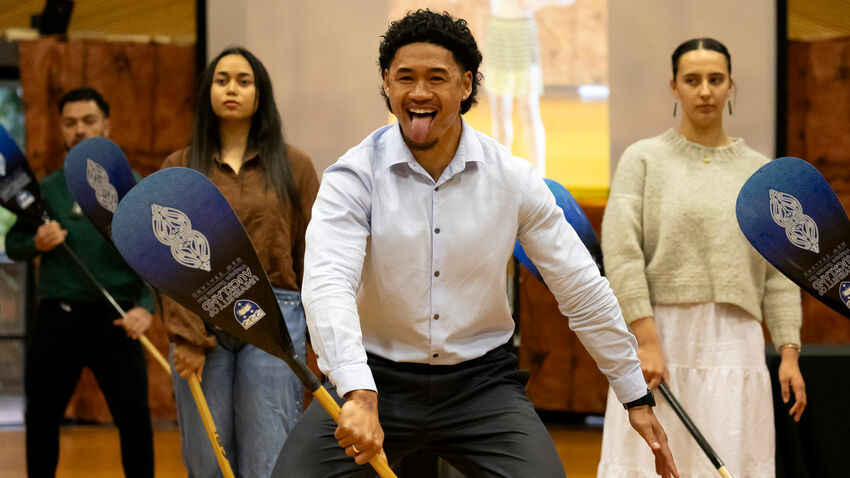
The worlds largest vaka race sees Pasifika teams from across the Moana training for months to compete, including a group of students from Auckland University about to take on the pros!
“This isn’t just a trip, it’s a blessing. It’s a chance for students, many from small towns, to show what’s possible when you follow a passion. It’s about discovering your limits and then going a little further, learning to communicate, to lead, and to steady your mind when things get cloudy”
“To me, it’s about elevating students who might not see themselves as we do - brilliant students and exceptional leaders. It’s about giving those who never dreamed of this experience a taste of what they can achieve if they stay committed and focused, because there’s nothing I love more than seeing our Māori and Pasifika students win.” - 'Waipapa Taumata Rau' team manager Alaimalo Mataafa.
Before sunrise, Waipapa Taumata Rau, the University of Auckland’s mixed-faculty waka ama crew, is already on the water, building rhythm for Kona, Hawai'i. Later this week, they’ll compete in the Queen Liliʻuokalani Canoe Race, the world’s largest outrigger event. Carrying with them culture, trust, and a team identity shaped under pressure.
The race isn’t for the faint hearted with highly competitive teams around the world training for months for the endurance and fitness level needed to make the 29km distance course.
Team leader Josiah Seleni smiles at the thought of escaping winter. “Get away from this weather,” he jokes. But what really excites him is learning from those surrounded by so much wisdom in the sport and the wider Pacific community. “I’m just so blessed to be there - “We aren’t only in the same waka physically, but also mentally, spiritually, emotionally,” he says.
When he began waka ama two years ago, he thought strength and fitness would be enough to get him through.
“I thought, you use your big muscles and pull water fast and keep going, and if you’re strong and fit, you’ll be good. I was pretty strong and pretty fit, so I thought I was really good. Then I got beaten by a team of 65-year-old men in a race and it felt like I didn’t know anything. The beauty of this sport is that you’re constantly learning,” he says.
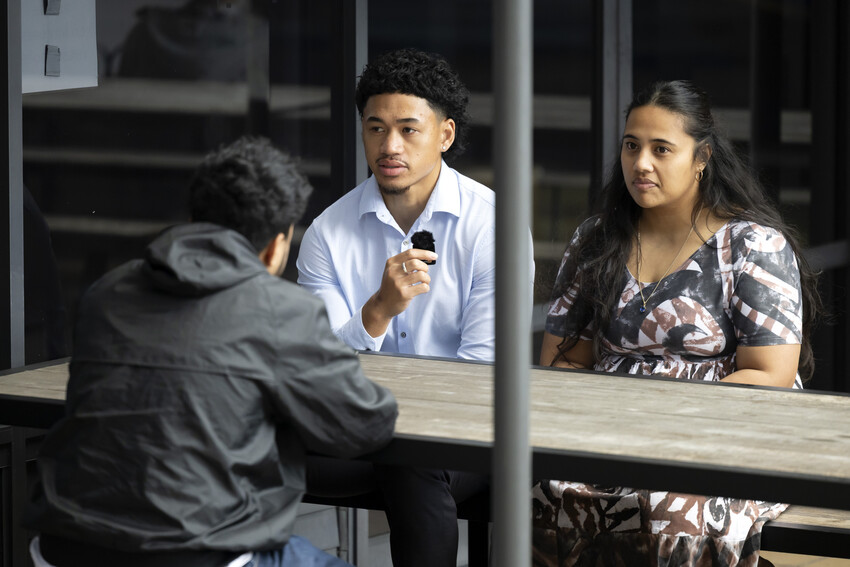
The team has changed this year. Originally the Engineering Eagles, two paddlers from Ngā Tauira Māori (Kya Hurihanganui and Pikitangaārangi Ratapu) joined the crew when engineering students couldn’t travel. This strengthened the new Waipapa Taumata Rau identity.
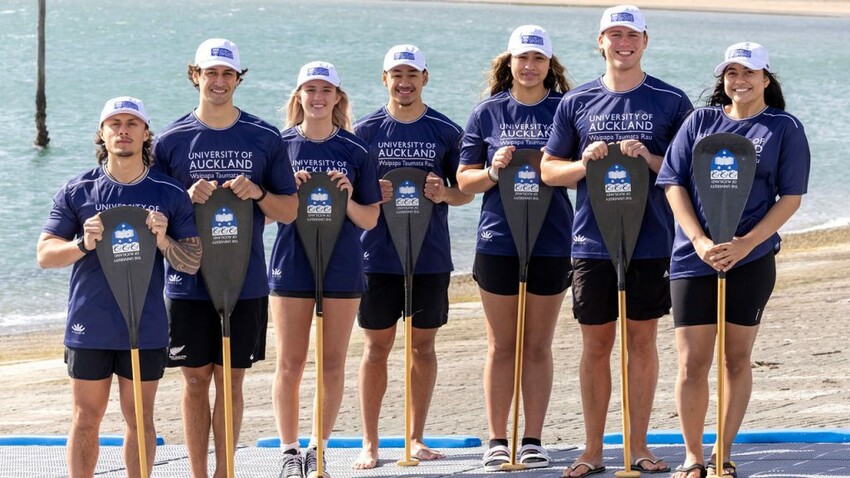
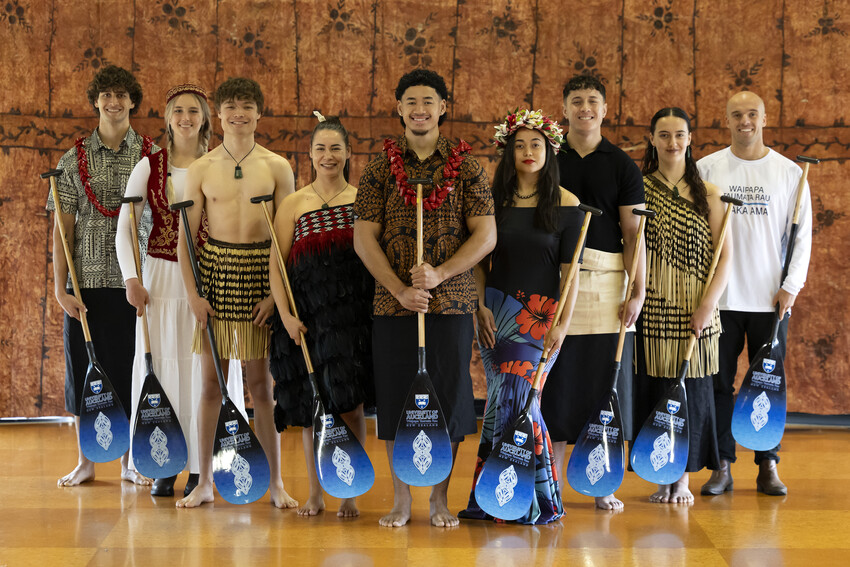
“They slotted in perfectly… we’re just blessed to have such natural paddlers.” says Josiah. Getting aligned still took practice. “It took time to understand each other as paddlers, especially with Kya as our steerer,” but “it didn’t take long.”
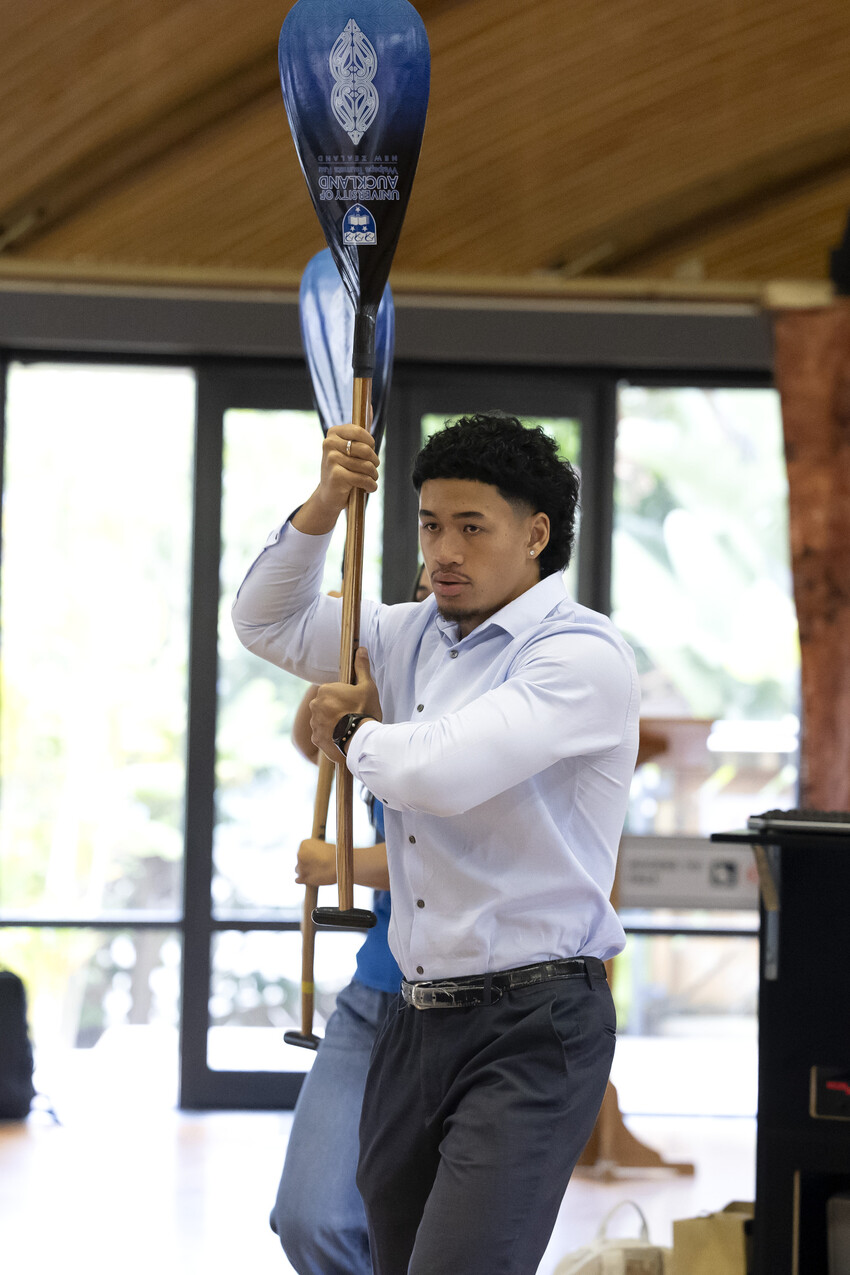
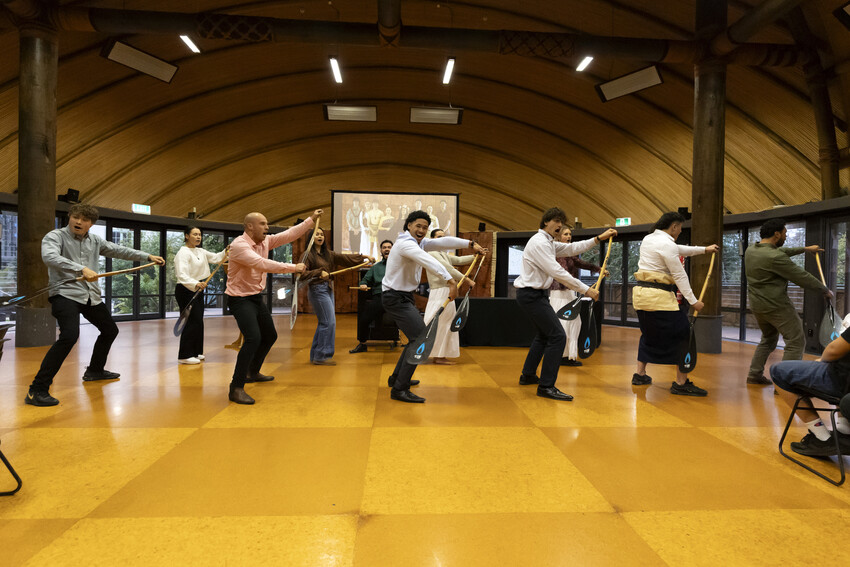
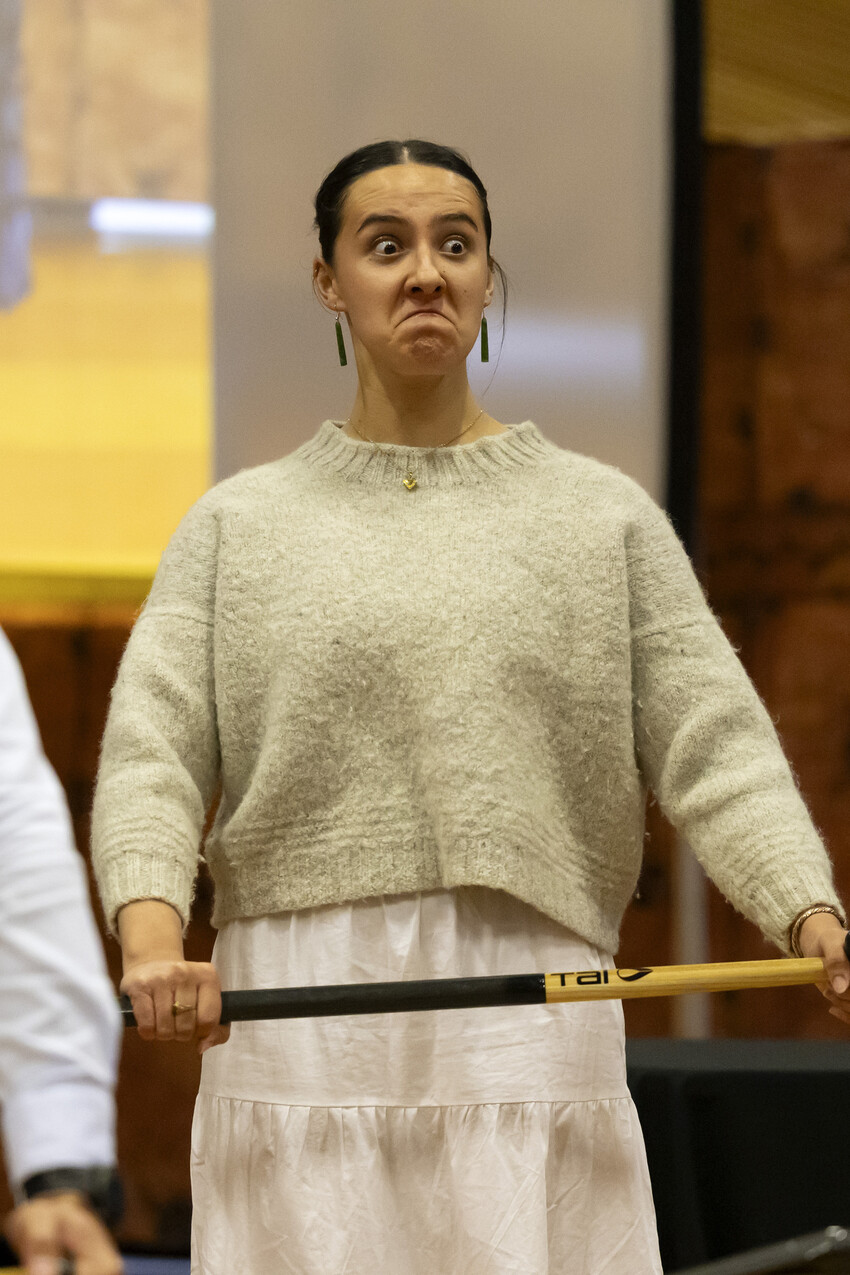
Leadership has come quickly for Josiah. Three years into the sport, he found himself leading sessions when needed. “Sometimes our coach couldn’t make training, and that pushed me into the position to lead… sometimes I felt uncomfortable, but most of the time it was enjoyable. I knew what I would want to hear as a paddler and I could give that to them.”
Alaimalo’s focus remains clear: culture first. “It’s important to be an athlete. But if the attitude and commitment aren’t there, it will be harder than it needs to be. When you break it down, you must look at the person. Creating relationships and making sure that team culture is strong is essential before you try to do anything else.” A recent camp eased any lingering nerves: “There was a peace in me that I felt, ‘It’s okay, we’re going to be fine.’”
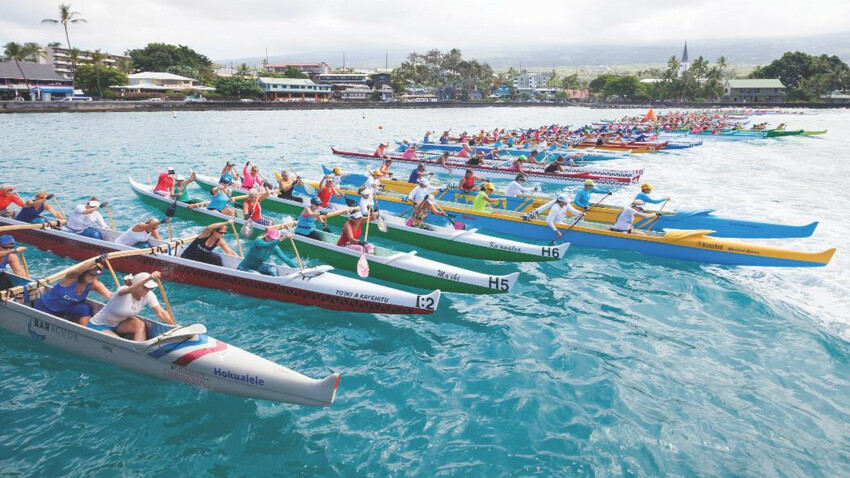
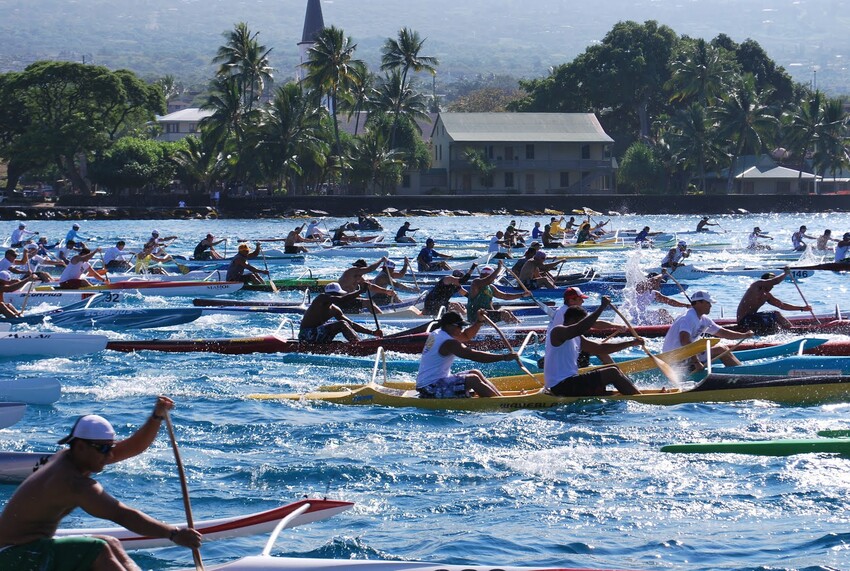
Hawaiʻi, of course, presents its own challenges. The Great Waka Ama Race at home might see six other boats, Josiah says, but Kona puts competitors “surrounded by 200 other waka going in the same direction.” And the real test isn’t the distance. “It’s not really the distance that’s the challenge. It’s the heat… you’re just getting cooked out there for 2 to 3 hours.” Still, “it’s exciting…the adrenaline… you’re not in this alone.”
The preparation is intense. As Alaimalo puts it, training is multiplied by ten: paddling Monday to Friday at 6:45 a.m., “Saturday a 20 to 30K” (they just did a 25K that morning), plus kapa haka, Tuesday and Thursday sessions, and sauna training on Fridays. All this happens alongside study, work, and family. “It’s just about learning how to balance all of that at once.”
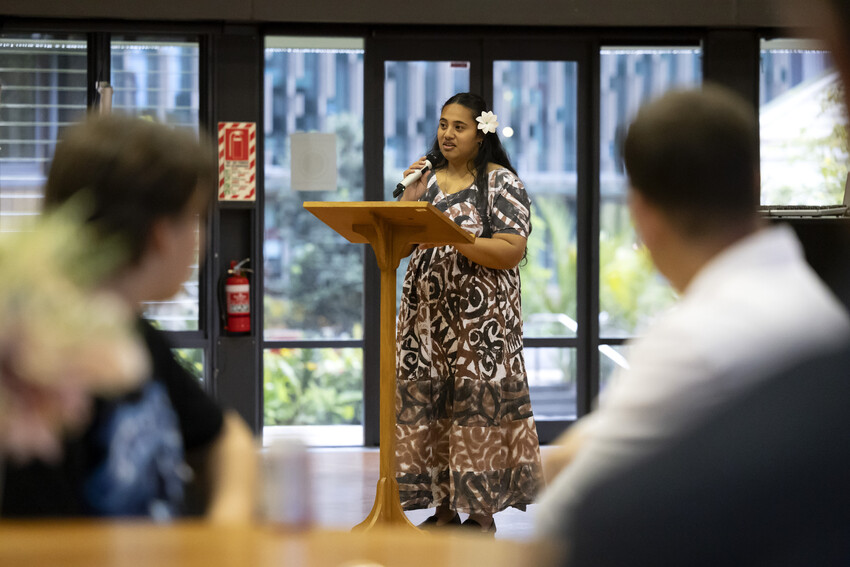
That balance between study and sport, new faces and old bonds, heat and mental space, is exactly what they’ll take to Kona. The goal is simple: paddle well, look out for each other, and represent home with pride. As Alaimalo and Josiah both suggest in their own ways, when the culture is strong, the waka moves as one.
